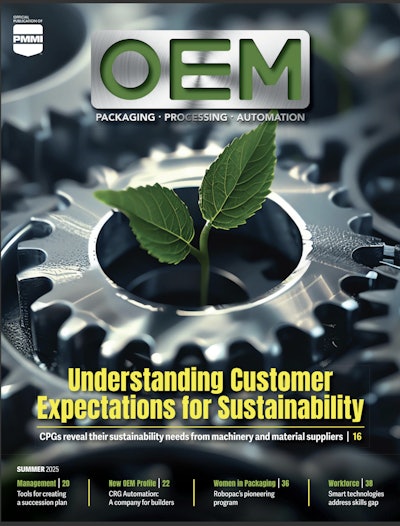“The greatest sales call our new reps make is on us during the interview. Everything goes downhill once we hire them.”
Unfortunately, this is an all too common complaint we hear from sales managers across the globe. In truth, very rarely is it a “great” sales call on the part of the sales rep. More likely it was simply a broken vetting process. If we are going to hire successful reps, we need to consider a revision in the way we search and discover new sales people, starting with a better list of non-negotiable traits.
Most companies have a clear set of expectations for new reps, but they aren’t taken into account when interviewing and hiring. These include:
1. Targeting and penetrating new strategic accounts
2. Digging deeper into the business drivers behind the technical needs
3. Executing coaching direction
4. Navigating and aligning with all key stakeholders
5. Carefully managing a pipeline of opportunities to closure
Finding reps that can execute these behaviors requires a very tight list of non-negotiable traits beyond simply being professional and following up on requests for pricing. At Venator Sales Group we use the acronym (CAFE) to identify the four most critical characteristics necessary to be successful, regardless of industry.
C = Coachability
Gone are the days where being a great rep was based solely on the strength of the salesperson’s relationship with technical and purchasing people. Today, there are changes affecting every sales team—the least of which is global competition, risk aversion, and more complex purchasing processes.
To drive consistent revenue in this ever-changing selling environment, a professional salesperson must be able to receive and execute guidance and mentoring. This new environment demands a team effort with strong coaching and mentoring from sales management. The shift is away from the “lone wolf,” ego-driven salespeople that resist any form of coaching or accountability and dismiss it as unnecessary micro-management.
A = Aptitude
A salesperson must have the aptitude for assimilating a tremendous amount of information related to the constantly shifting client business and operational environments. Successful selling requires the ability to link the economic value of your company’s solutions to operational results.
Many salespeople with strong technical backgrounds lack the competency or desire to integrate the non-technical value messaging into their sales process. Unfortunately, when the aptitude for “business-drivers” is lacking, a salesperson will simply pass along their proposals to the technical champion hoping they will be successful at gaining the necessary internal approvals.
F = Fearless
A successful salesperson must be comfortable executing any sales process that requires a complex, multi-stakeholder selling strategy. Many salespeople lack the assertiveness and conflict management necessary to execute.
When questioned by their managers about their lack of performance, they justify non-action with a lack of time or a fear of overstepping and upsetting their main contact. Effective salespeople are able to overcome their fear and break out of their comfort zone. They are willing to ask the tough questions, negotiate for high-level access, and maintain control of the sales process.
E = Engaging
A successful salesperson must have an engaging personality, not to be confused with the “gift of gab” or being a “presentation guru.” An engaging salesperson has the ability to draw others into a dialogue with a steady two-way flow of information. They have a strategy for asking guided questions and “pivoting” appropriately to the other person’s answers regardless of whether the meeting is with a lower level manager, director, VP, or a member of the C-suite.
A salesperson that lacks this ability will lull their prospect into a passive listening mode while they present features, benefits, and pricing. They will come away from a sales call feeling confident that they’ve made a strong case and were well received as a result of their knowledge. Conversely, a salesperson with an engaging communication style will exit every meeting with detailed information uncovered, including a well-defined set of next steps and action items.
In conclusion, the four traits listed above – coachability, aptitude, fearlessness, and engagement – are vital when recruiting new sales people if we are to break the frustrating and tiresome six-month cycle of hiring and firing.























